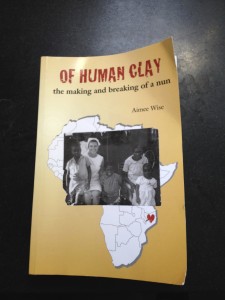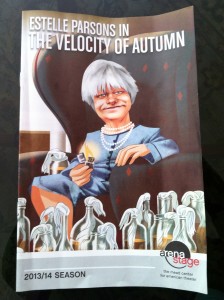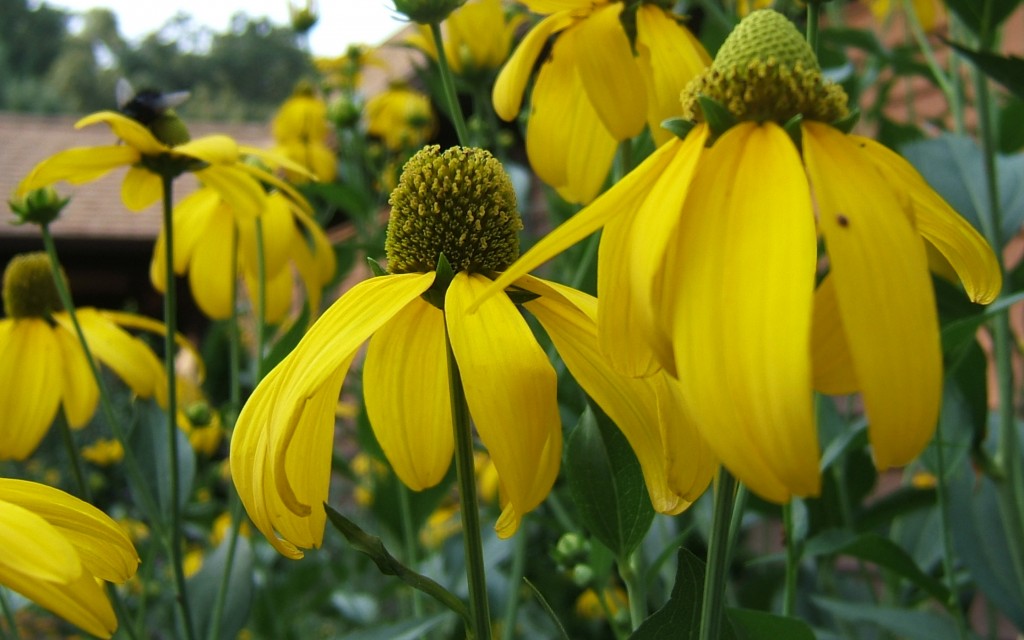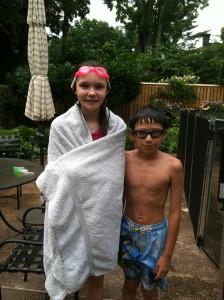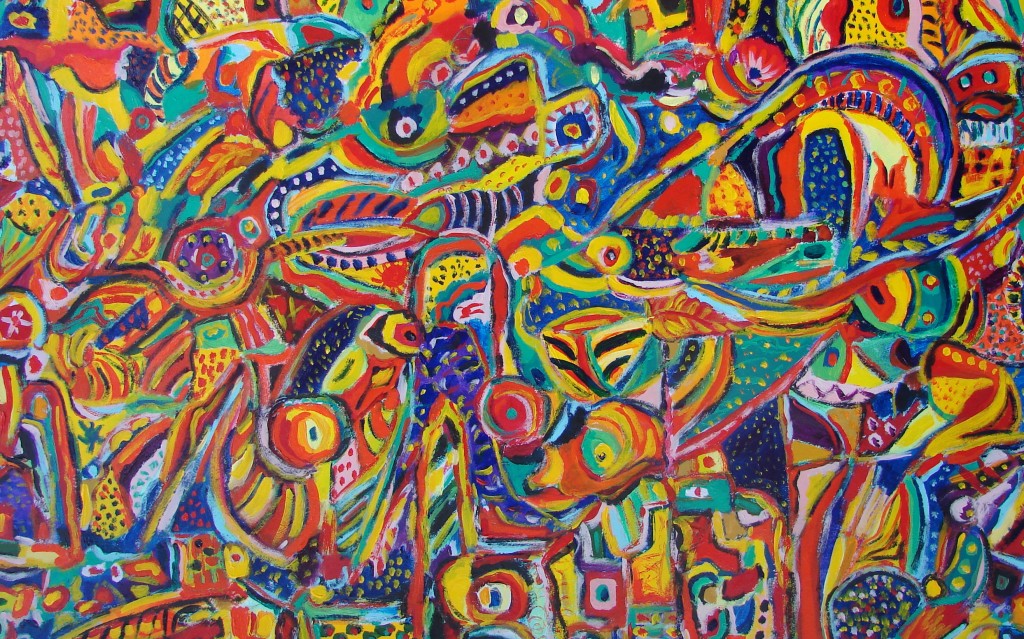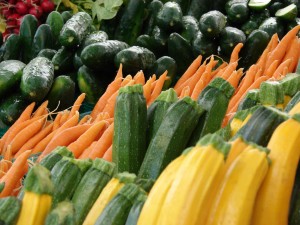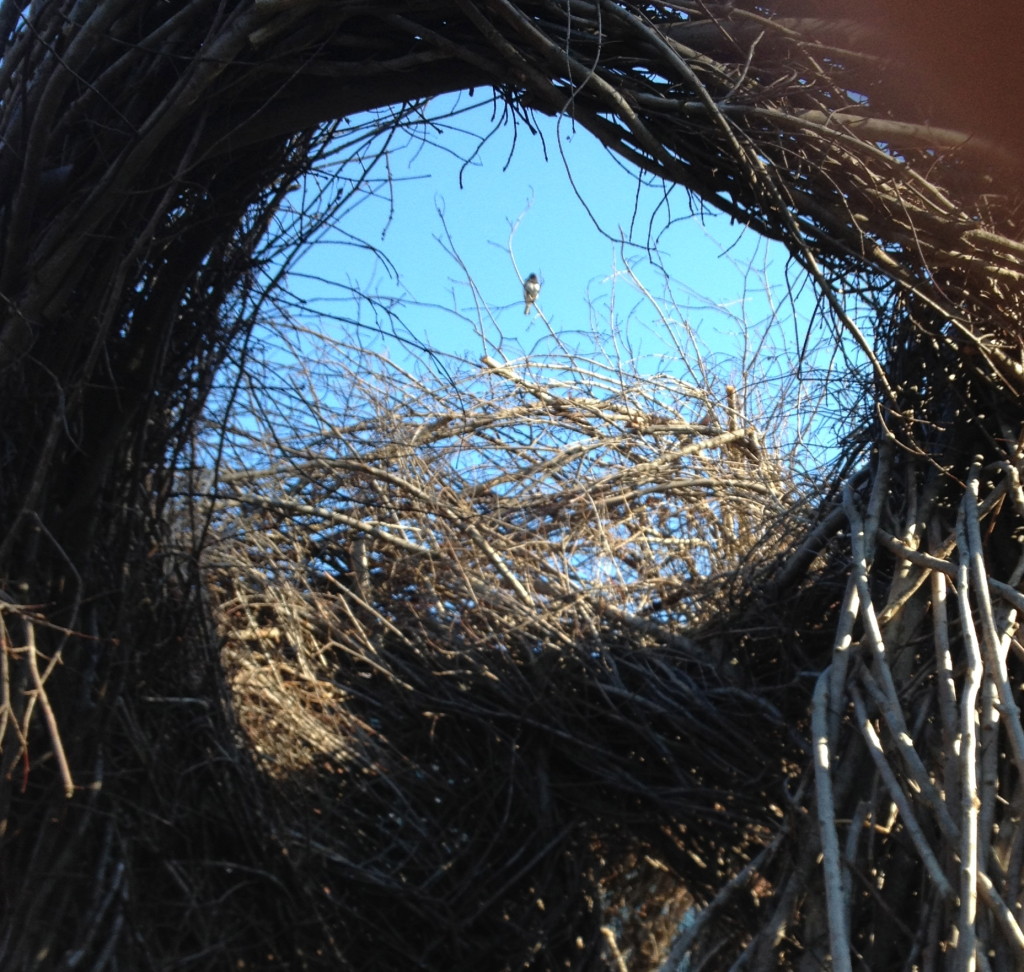 “Silence arrests flight, so that in its refuge, the need to flee the chaos of noise dimishes. We let the world creep closer, we drop to our knees, as if to let the heart, like a small animal, get its legs on the ground.”
“Silence arrests flight, so that in its refuge, the need to flee the chaos of noise dimishes. We let the world creep closer, we drop to our knees, as if to let the heart, like a small animal, get its legs on the ground.”
– Barbara Hurd, “On Silence”
Well over forty years ago, just after my son was born, I slipped into a nasty period of postpartum depression. I had trouble going to sleep and when I did, awoke way before dawn with my mind in a tangle of troubled thoughts. I cried most of the time, found it hard to get in the shower, and to get dressed. I sought out a therapist. He told me that I was suffering from the changes that were occurring in my life and also in my body. He gave me an antidepressant and asked me to come back in a week.
It took a while for the meds to work but I kept going back to see him for a few more weeks. He seemed to think that there was more to my dismal state of mind than just being a new mother. He asked me several times, “What are you so afraid of?” I was totally confused by the question and answered, “I don’t know. I don’t think I’m afraid of anything.” Thanks to the pills my mood improved. Six or so months later I gradually stopped taking them and went on with my life, adjusting to motherhood and all that it entailed.
But his question stayed with me. Over the years I’ve asked myself that same question, knowing in some way that it was an important question for me to think about. But no answers appeared. I was locked up tight, and ignored the sound I heard somewhere in the distance of someone pounding on a door wanting to be let in. I ignored it and just wanted whoever it was to go a way and quit making a racket.
As my life went on and more than a few years passed, I slowly got closer to opening the door. It happened over the span of life lessons that we all go through as we maneuver our way through earth school. Once I opened that old beaten down door, I began to find many answers to the therapists question. It was scary to discover all the things that terrified me and there were more than a few. I was afraid of being alone. I was afraid of my parents. I was afraid of the pain I was feeling and I was afraid of what tomorrow might bring. I lived in dread, making up stories of what cataclysm was about to happen next and how I would get myself through it. Plan A was always at the ready, backed up by plans B, C, and D.
One day I woke up and decided that I was not living the life I wanted. It had to go. Who would want to live in fear 24/7? Who would want to hurt that much?
I started seeking help and over the years have learned how to cope with my demons. I began inviting them in one at a time. I listened to what they had to say. As I got to know them,I realized that what made them so terrifying was slowly ebbing away. We got to be friends. We all live together now, helping one another as new life situations arise. The part of me that is noise sensitive knows that when the clatter gets too loud I need to seek the solace of quiet places. When I feel sadness or overwhelm approaching, I’m able to converse with them and find myself feeling lighter and happy to move on.
I still get scared. Sometimes I’m afraid of the dark, of leaving this wonderful life, of what aging has in store for me. But I’m able to let them go. They’re just thoughts that come along like rain clouds. They are here and then they’re gone. It’s in not letting them build up to become powerful storms that allows the sun to come out and dry up the occasional rain.
